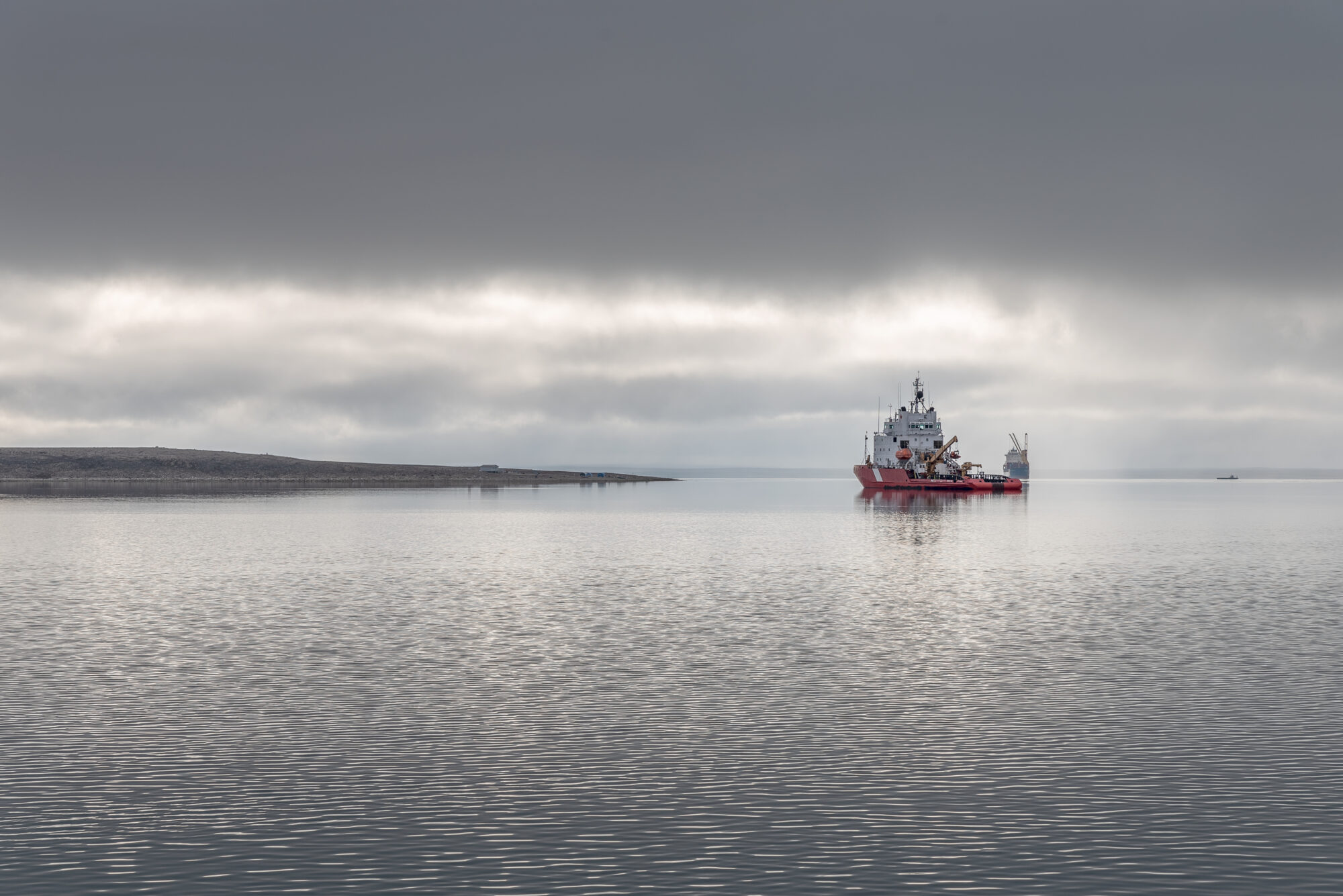
Oceans North Welcomes Inclusion of Northern Peoples and Strong Environmental Protections in New Arctic Foreign Policy
December 6, 2024
OTTAWA—Today, Canada released its new Arctic Foreign Policy, a document that will guide the country’s approach to a place that is key to its identity and prosperity and connects it to four other circumpolar nations. “A strong Canadian Arctic means strong, healthy Northern communities,” says Sheena Kennedy, Executive Chair of Oceans North. “This is a forward-thinking policy that recognizes the complex threats facing the region, from climate change and a lack of local infrastructure to global security concerns.”
As sea ice cover retreats, there is greater industrial and military interest in the Arctic. A new paper showed that the first ice-free day in the Arctic could come before 2030, highlighting the importance of urgency when it comes to Canada’s strategic engagement here.
Collaboration with like-minded states through multilateral institutions and agreements can help mitigate threats both to the environment and to global security. For example, in 2018, several Arctic states and other parties signed the Central Arctic Ocean Fisheries Agreement, which established a moratorium on unregulated commercial fishing in these international waters and set up a program to gather science and Indigenous knowledge to inform a holistic understanding of the Arctic marine ecosystem. It was also the first international agreement to explicitly include Indigenous peoples as full partners.
“A strong Canadian Arctic means strong, healthy Northern communities.”
– Sheena Kennedy, Executive Chair
As the Arctic opens up to more potential industries, such as transpolar shipping and deep sea mining, a new agreement is needed that can help protect the environment and limit strategic competition in a region that has historically been a place of cooperation and multilateralism. “We welcome Canada reiterating its support for an international moratorium on deep-sea mining, which would include the waters of the Central Arctic,” Kennedy says. “As part of its new approach to Arctic foreign policy, Canada has an opportunity to stand up for its values and work with Indigenous peoples and other states to properly manage Arctic waters, keeping it safe from this and other threats.”
Decreased ice cover also increases the likelihood that commercial, civilian, and military vessels from our country and others will make their way through our domestic waters. Maintaining safety and security in these remote areas will rely heavily on local capacity.
There is an opportunity to build on existing programs at the local level, such as Victoria Island Waterways Safety Committee, to ensure that Arctic Indigenous Peoples are co-leading and benefiting from efforts to monitor and manage transits through the Northwest Passage and other key routes. “Years ago, the militarization of the Arctic had significant impacts on the environment and many of the people who lived here,” says Hilu Tagoona, Oceans North’s Senior Arctic Advisor. “We have an opportunity to learn from the past and get the most from much-needed infrastructure investments that will secure and support the Arctic and its peoples.”
For more information, please contact:
Alex Tesar
Communications Director
Oceans North
[email protected]
